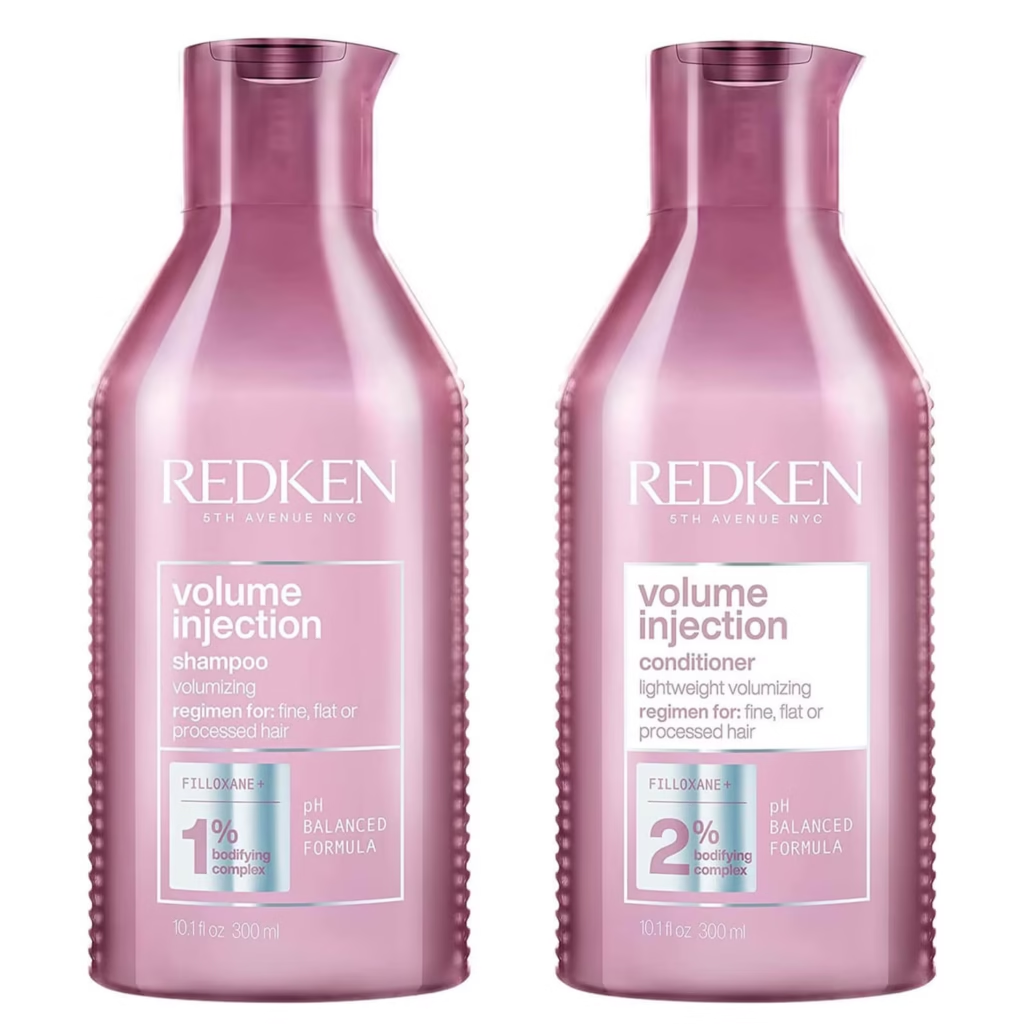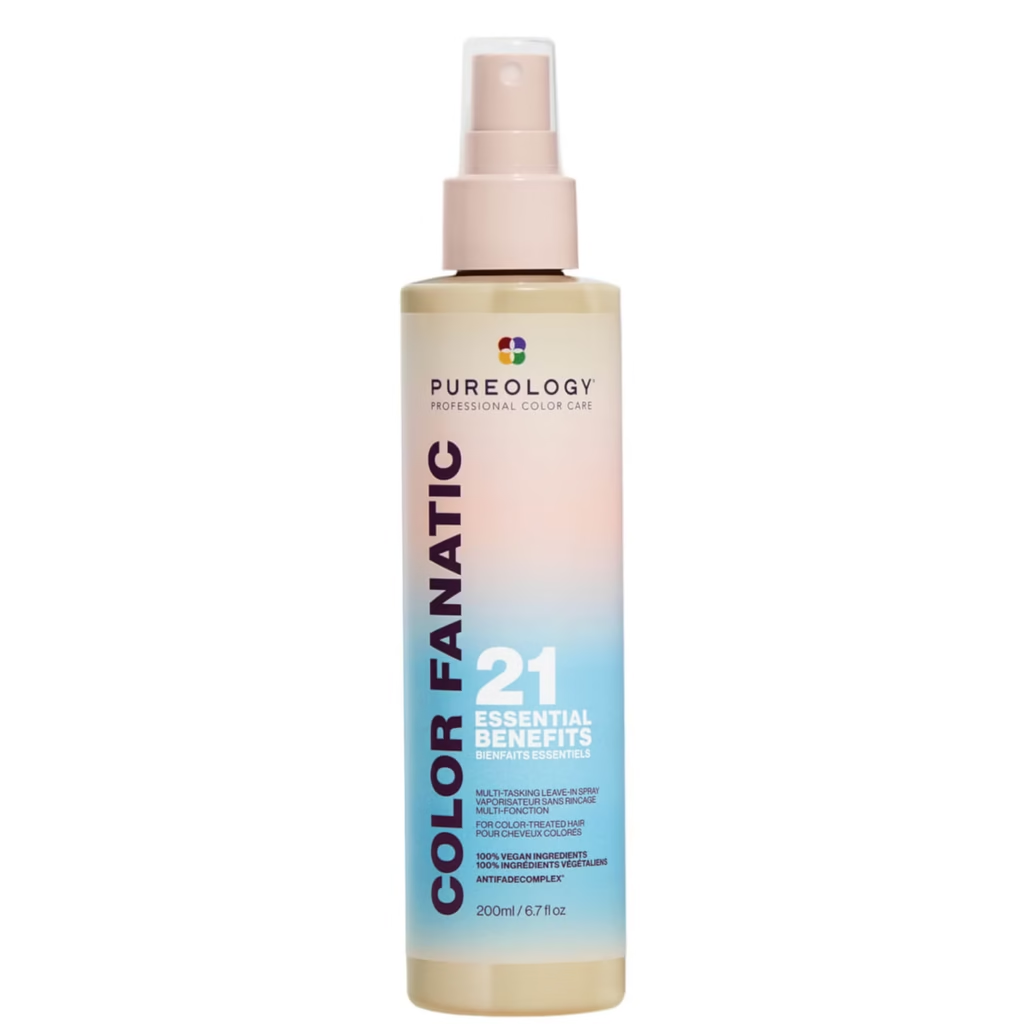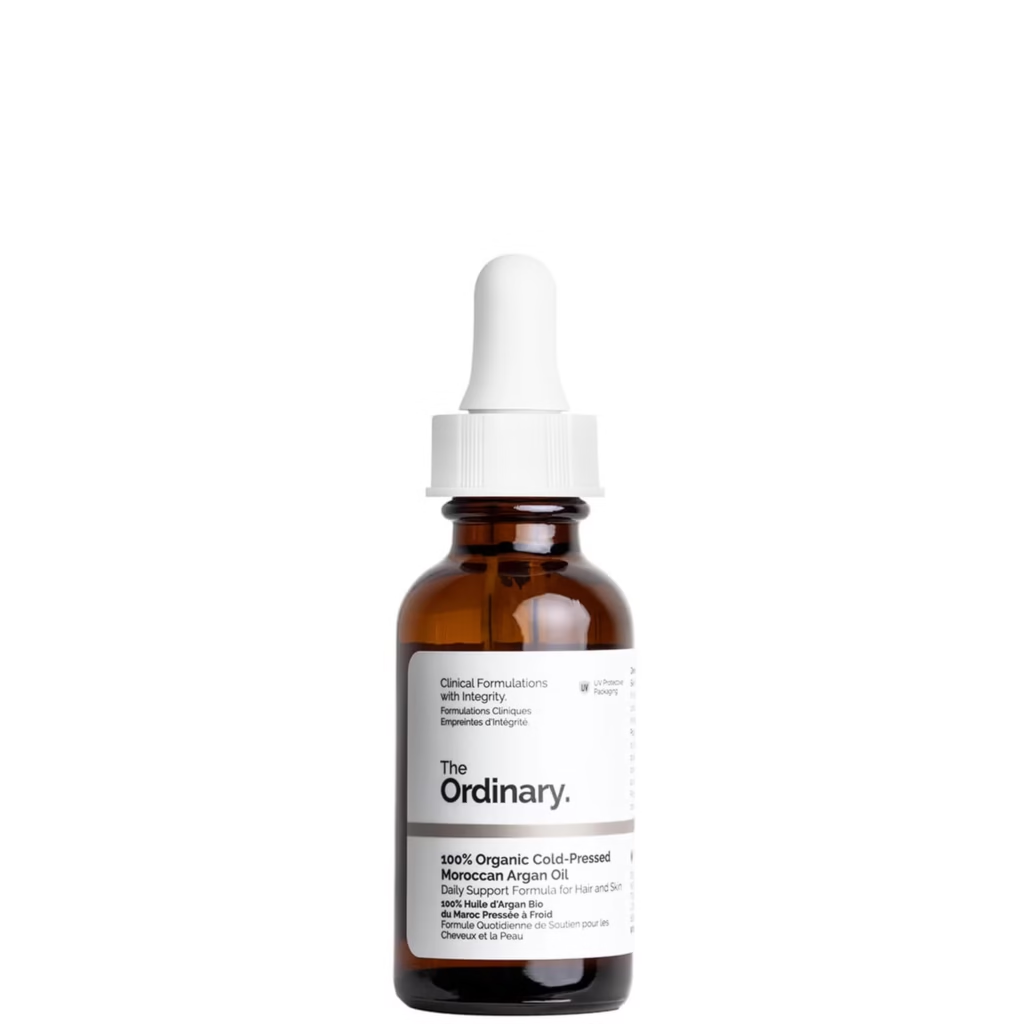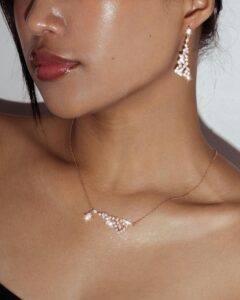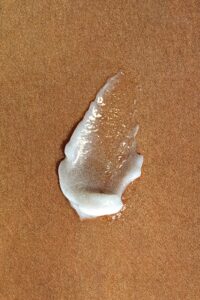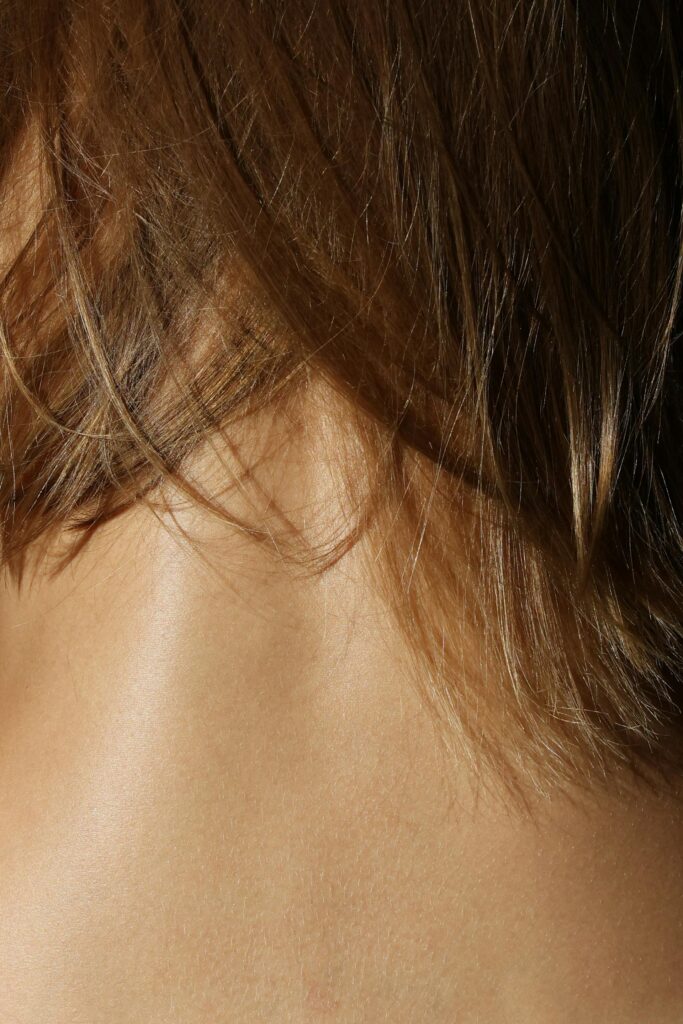
Introduction
Healthy hair is a reflection of overall well-being, and it can make a significant impact on how we look and feel. Whether you’re dealing with dryness, breakage, or dullness, the good news is that with the right care, you can achieve the hair of your dreams. In this guide, we’ll explore simple yet effective tips for nourishing and strengthening your hair, from the right products to adopt, to the essential habits that can transform your locks. Get ready to unlock the secrets to vibrant, healthy hair every day!
If you want to learn more about skincare, discover which products are right for you, and get the best skin recommendations and tips, click the button below and explore the world of skincare recommendations. skincare
In Summary
diet
routine
trims
products
styling with heat
supplements
Diet
A balanced diet plays a crucial role in achieving healthy hair, as the nutrients you consume directly impact the strength, shine, and overall health of your locks. Hair is primarily made of protein, so it’s essential to include enough high-quality protein in your diet. Additionally, vitamins and minerals like biotin, vitamin D, zinc, and iron are vital for hair growth and preventing hair loss. Healthy fats, like omega–3 fatty acids, also support scalp health and keep hair moisturized. By fueling your body with the right nutrients, you provide your hair with the building blocks it needs to grow strong, shiny, and resilient.
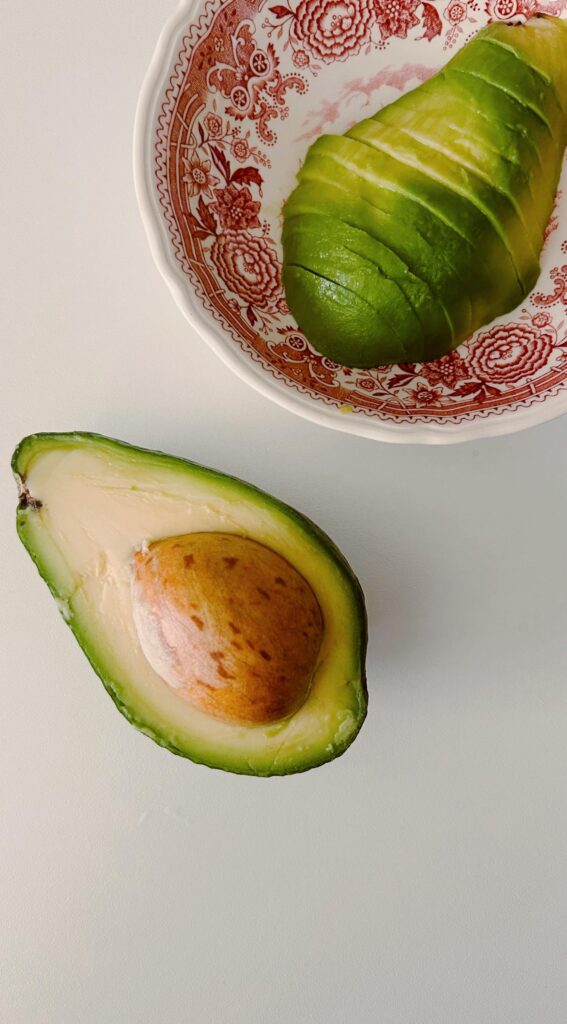
Routine
Establishing a hair care routine that includes washing your hair no more than twice a week, double shampooing, and using conditioner only on your ends is crucial for maintaining healthy hair. Washing too frequently can strip your hair of its natural oils, causing dryness and damage. By limiting washes, you allow your scalp to maintain a healthy balance while still keeping your hair clean. Double shampooing ensures a thorough cleanse, while conditioning only the ends prevents weighing down your roots. Additionally, incorporating hair masks into your routine on a regular basis provides deep hydration and repair, helping to restore moisture and strengthen your hair from within.

Trims
While trimming your hair is important for maintaining healthy ends and preventing split ends, it’s essential not to trim too often. Over-trimming can stunt your hair’s growth and prevent you from seeing your hair’s full potential. Instead, aim for a trim every couple of months, depending on your hair type and growth rate, to maintain healthy ends without sacrificing length. This way, you can allow your hair to grow and thrive while still preventing damage. Remember, healthy hair starts with proper care, and trimming too often isn’t always necessary for achieving your desired length.
Products
If you have fine hair, I’ve found that Redken Volume Injection Shampoo and Conditioner are a perfect combination for my fine hair.
To give my hair an extra boost of hydration and nourishment, I incorporate a hydrating mask (from any brand) into my routine. This mask helps to restore moisture to my hair, keeping it soft and manageable without making it greasy or heavy. I use it once a week to deeply condition my strands and maintain a healthy balance of hydration.
Additionally, I always use a scalp massager/scrub when applying my shampoo. This tool helps stimulate blood flow and circulation in my scalp, promoting healthy hair growth while giving my scalp a thorough cleanse.
After showering, I like to keep my hair care routine simple yet effective, especially for my fine hair. I start by applying Pureology Leave-In Conditioner.
Next, I use Biosilk Silk Therapy. A small amount of this lightweight serum works wonders for adding shine and smoothing out any frizz, leaving my hair feeling silky and soft without feeling greasy or heavy. It’s perfect for adding that luxurious, glossy finish.
Finally, I finish off my routine with Moroccan Argan Oil from The Ordinary. This oil is amazing for nourishing the ends of my hair, preventing split ends, and boosting shine.
Styling with heat
Avoiding heat styling as much as possible is one of the best things you can do for your hair’s long-term health.
Frequent use of heat tools like flat irons, curling irons, and blow dryers can cause damage, leading to dryness, split ends, and weakened hair strands. The high temperatures can strip your hair of its natural moisture, making it more prone to breakage and dullness.
To keep your hair healthy, try to limit heat styling to special occasions or only when absolutely necessary. If you do need to use heat, always apply a heat protectant spray beforehand to create a barrier between your hair and the heat, minimizing damage. Additionally, consider lowering the temperature on your heat tools and using them sparingly. Opting for heatless styling methods, like air-drying or using braids for waves, can help you achieve the same looks without the risk of damage.
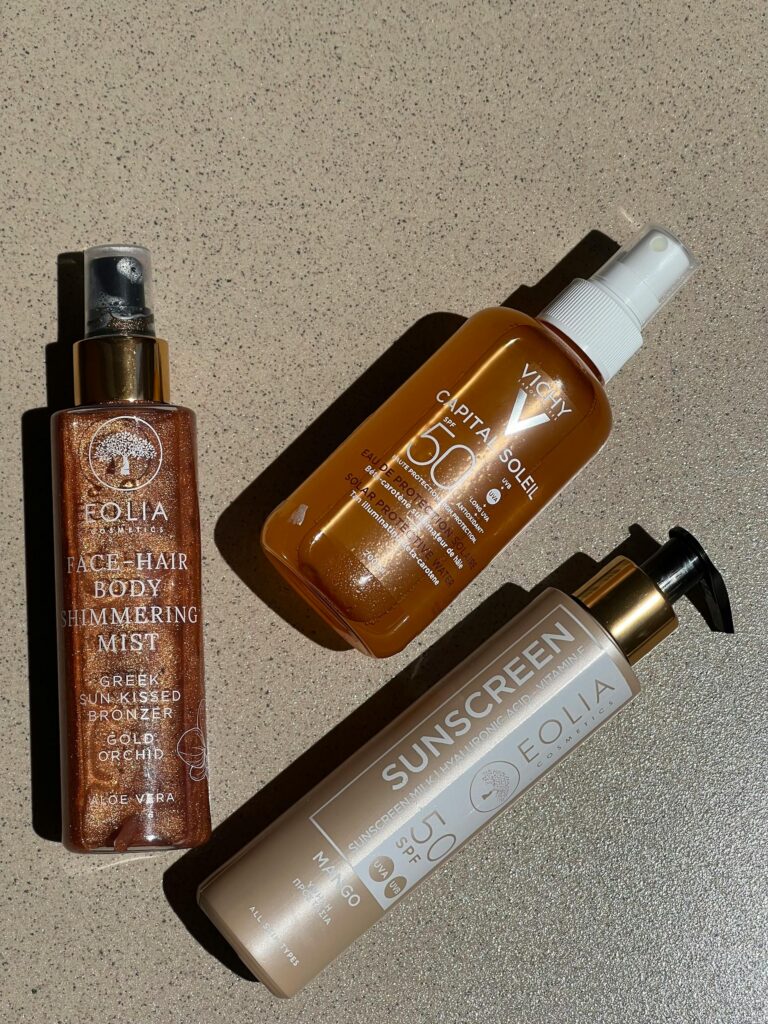
Supplements
Supplements can play a helpful role in promoting healthy hair by addressing nutrient deficiencies and supporting growth from within. Biotin, often associated with stronger, thicker hair, is particularly popular for its ability to improve the health of hair by boosting keratin production. Vitamin D is also essential, as a deficiency has been linked to hair loss, especially in conditions like alopecia. Omega–3 fatty acids, which are commonly found in fish oil or flaxseed oil supplements, can help nourish the scalp and improve hair texture by supporting hydration and blood circulation. Zinc, too, is important for healthy hair as it supports tissue growth and repair and helps keep oil glands around hair follicles functioning properly. By incorporating these supplements into your routine, you can give your hair the extra nutrients it needs to grow stronger, shinier, and healthier. While supplements can be beneficial for promoting healthy hair, it’s important to first consult with a healthcare professional before adding anything to your routine. A professional can help assess your specific needs and recommend the right supplements based on your unique health profile.
Related Posts
Note: Based on my experiences with skincare products, I advise selecting products carefully and introducing new ones gradually. It’s important to recognize that individual skin reactions can vary and that using skincare products is at your own risk. This advice is based on my experiences and those of others.

